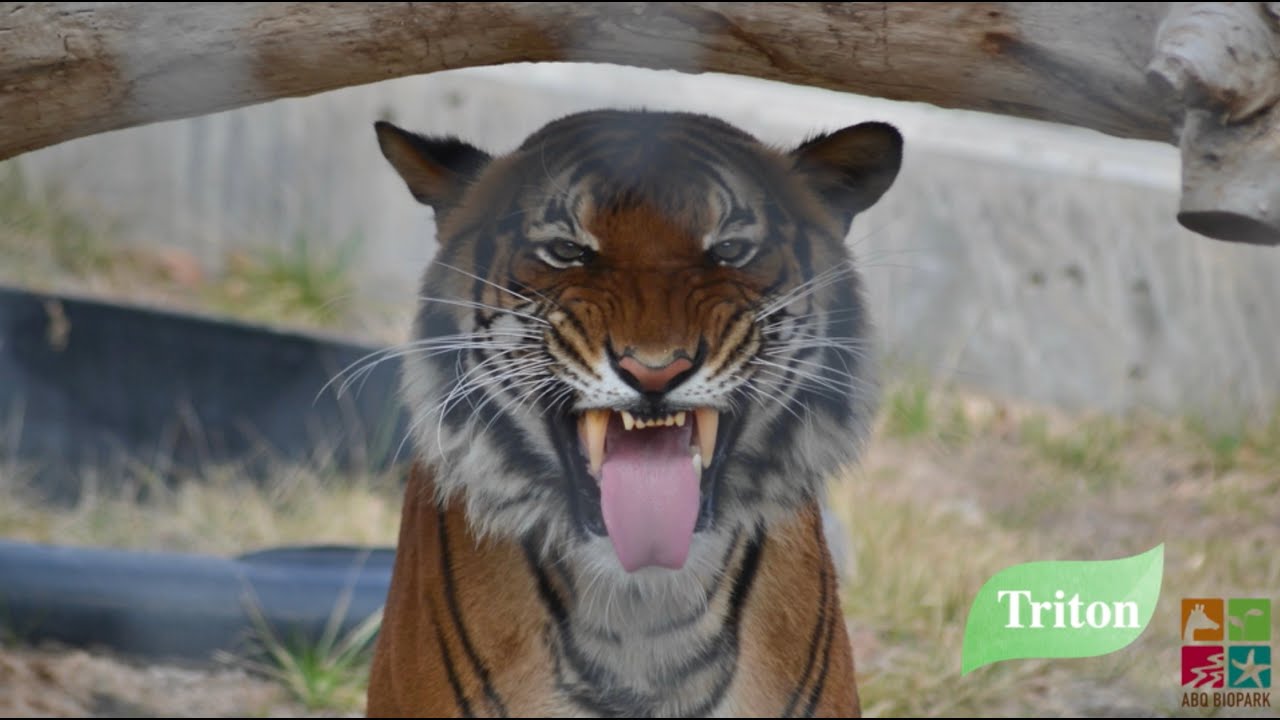– Introduction of Triton, the critically endangered Malayan tiger, to the ABQ BioPark
– Exploring the significance of conserving critically endangered species like the Malayan tiger
– A closer look at ABQ BioPark’s efforts in wildlife conservation and education
– The role of zoos in global conservation initiatives
– The impact of habitat loss and the importance of conservation efforts
In recent developments within the field of wildlife conservation, ABQ BioPark has taken a significant step by welcoming Triton, a critically endangered Malayan tiger, into its facilities. This event marks a critical milestone for the zoo in its conservation efforts and shines a spotlight on the precarious situation that Malayan tigers face in the wild today. The introduction of Triton to the park serves multiple important purposes, from fostering genetic diversity within captive populations to educating the public about the dire circumstances these animals face in their natural habitats.
Malayan tigers, scientifically known as Panthera tigris jacksoni, are classified as critically endangered, with estimates suggesting fewer than 200 individuals are left in the wild. This drastic decline in their population is largely attributed to habitat destruction, poaching, and human-wildlife conflict. As apex predators, tigers play a pivotal role in maintaining the balance of ecosystems by controlling prey populations. The loss of these magnificent creatures could have cascading effects on biodiversity and the health of ecosystems.
ABQ BioPark’s engagement in wildlife conservation and education is a testament to the evolving role of modern zoos in the fight against species extinction. The park contributes to the genetic diversity and stability of species like the Malayan tiger through careful management and participation in international breeding programs. Furthermore, by educating visitors about these animals’ challenges, the park fosters a connection between the public and wildlife, encouraging conservation action beyond its boundaries.
The role of zoos in global conservation initiatives extends beyond providing sanctuary for endangered species. Institutions like ABQ BioPark are integral in research, rehabilitation, and releasing animals back into their natural habitats whenever possible. Such efforts are crucial for the recovery of species populations and the restoration of ecosystems. Moreover, zoos fund and provide logistical support for in-situ conservation projects, directly impacting wildlife protection efforts in native environments.
Habitat loss is one of the most significant threats to species’ survival, as is the case of the Malayan tiger. As forests are cleared for agriculture, logging, and development, tigers are pushed into smaller, fragmented patches of land. This makes hunting and breeding more difficult and increases the likelihood of human-tiger conflicts. Conservation efforts, therefore, focus on protection and breeding programs, habitat restoration, and protection. Engaging local communities and stakeholders in conservation efforts is essential to create sustainable solutions for wildlife and human coexistence.
The arrival of Triton at ABQ BioPark symbolizes hope and a renewed commitment to the conservation of critically endangered species like the Malayan tiger. This initiative highlights the importance of concerted efforts involving zoos, conservationists, and the public in the fight against extinction. As we continue to grapple with habitat loss and fragmentation challenges, initiatives like these remind us of the impact conservation efforts can have on preserving our planet’s biodiversity. Through education, research, and conservation actions, institutions like ABQ BioPark play a crucial role in ensuring the survival of species like the Malayan tiger for future generations.
*****
Source Description
Casey from the ABQ BioPark introduces Triton and discusses how conservation organizations work together to help ensure the species’ survival.
CORRECTION OF FACT: Triton is from Palm Beach Zoo, not from Palm Springs.

